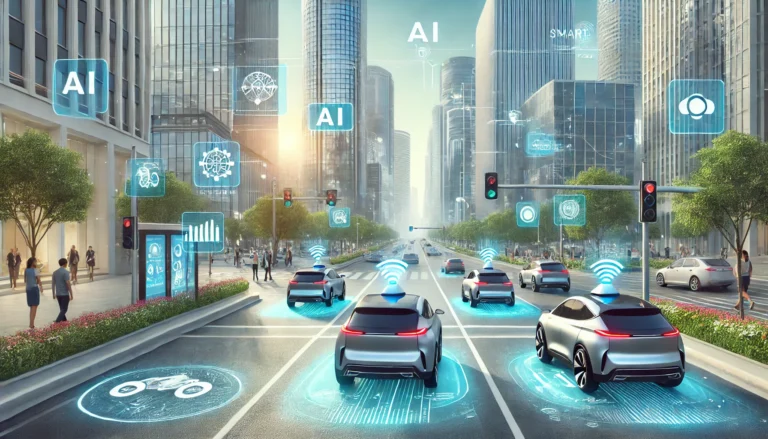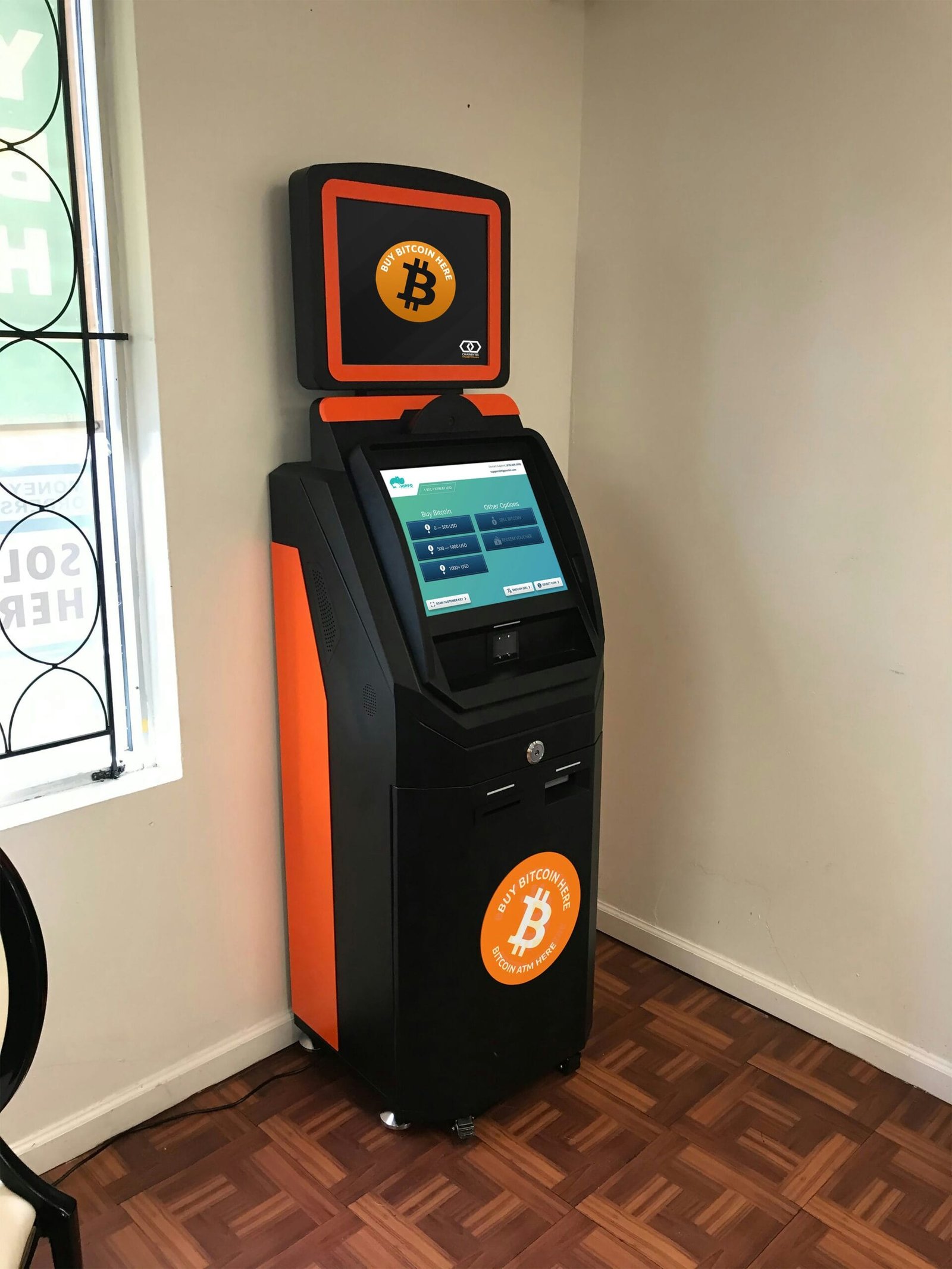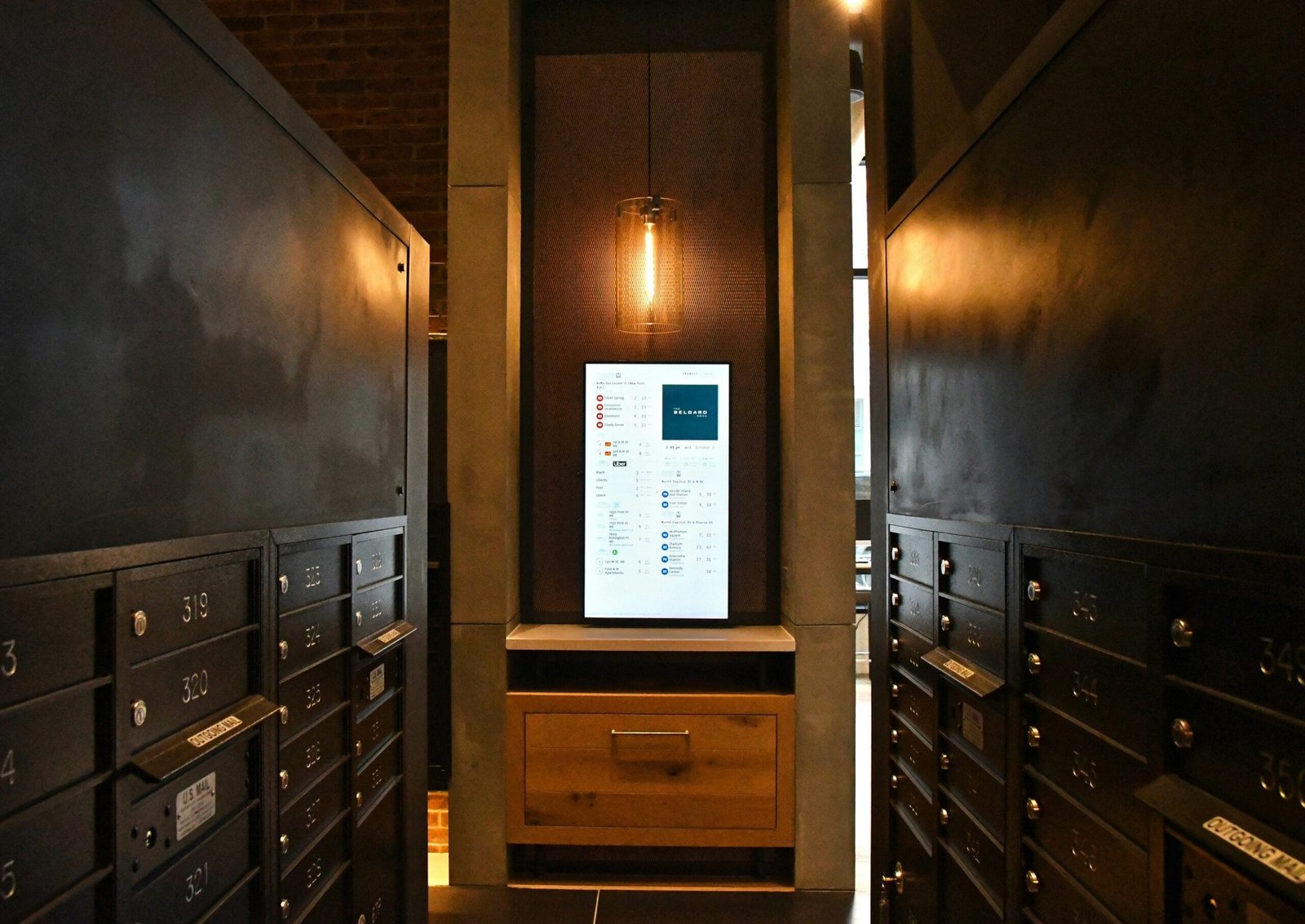
Photo by <a href="https://unsplash.com/@noaa" rel="nofollow">NOAA</a> on <a href="https://unsplash.com/?utm_source=hostinger&utm_medium=referral" rel="nofollow">Unsplash</a>
What AI means on a daily basis: Personal assistant devices, smart houses, and more
For inclusion in their lives, a default personal assistant powered by artificial intelligence, Siri, Apple’s Alexa, Google Assistant, and Bixby, among many others, are starting to be used in most homes. In a few years, however, these assistants will be transformed into much more effective versions that will perfectly know people’s needs and the things they do without being spoken to. AI will be part of home systems, enabling us to operate lights and switches, maintain temperatures, and monitor security, among other things in the most effective way. The technology will improve so that rather than waiting for requests, it will be anticipatory to our needs.
For instance, your AI assistant can understand your patterns and make the coffee to a certain time every single day, turn the lights on when it gets dark, and order some food before you run out of it just because you have ordered it within a particular timeline. This advanced technology of AI will be incorporated in all circles of life to save time, improve comfort and increase working efficiency.
2. AI in Healthcare: Precision Medicine, Early Diagnosis, and Personalized Treatment
The healthcare sector is one of the most promising areas for AI’s impact. AI algorithms can analyze vast amounts of medical data quickly, enabling early diagnosis and more accurate treatment plans. This capability is especially beneficial for complex conditions like cancer, where early detection can significantly improve survival rates.
In the future, AI will enable precision medicine – a tailored approach to treatment based on an individual’s genetic makeup, lifestyle, and environment. By analyzing patient data, AI can recommend treatments that are most likely to be effective for a particular individual, reducing the trial-and-error process that often accompanies medical interventions.
Moreover, AI-driven robotic surgeries will become more commonplace, offering minimally invasive procedures with higher precision and faster recovery times. Virtual health assistants, powered by AI, will be able to monitor patients’ health in real-time, providing reminders for medication, dietary recommendations, and even mental health support, making healthcare more accessible and personalized.






